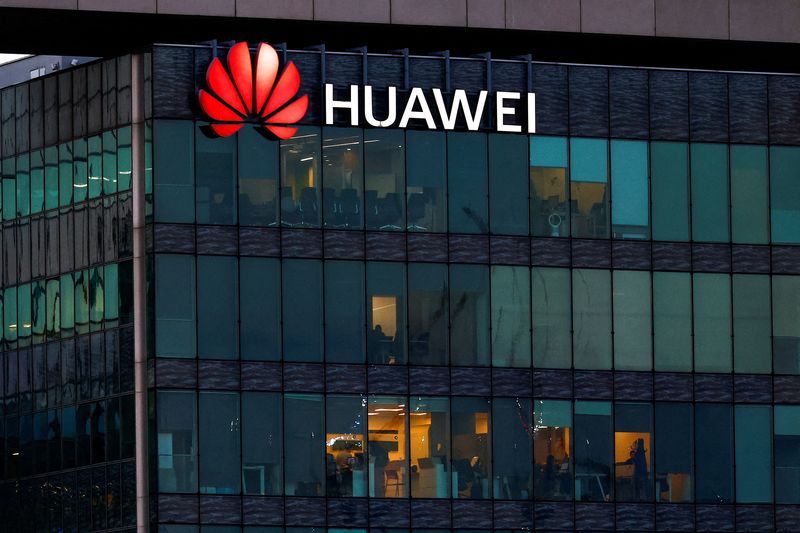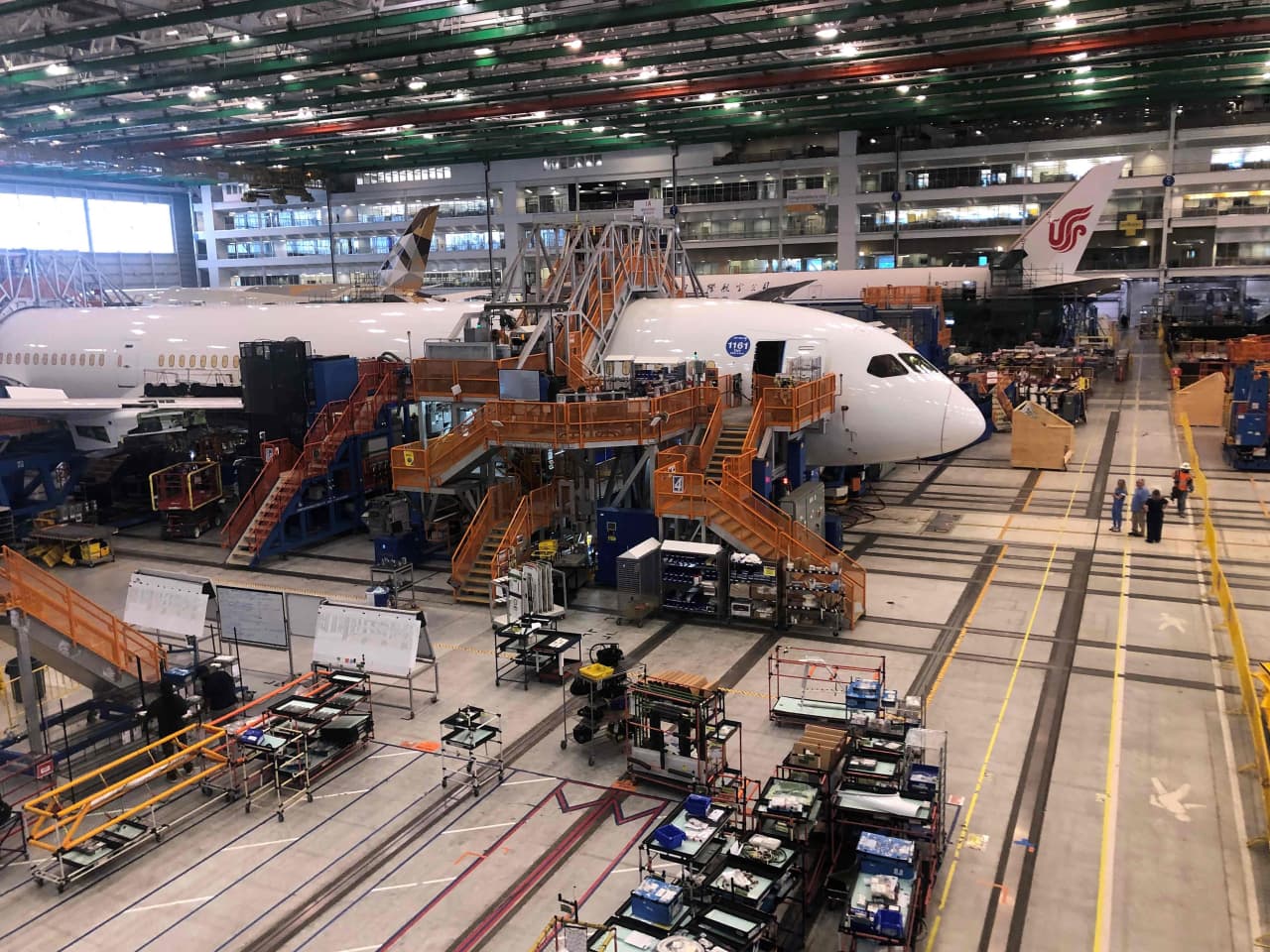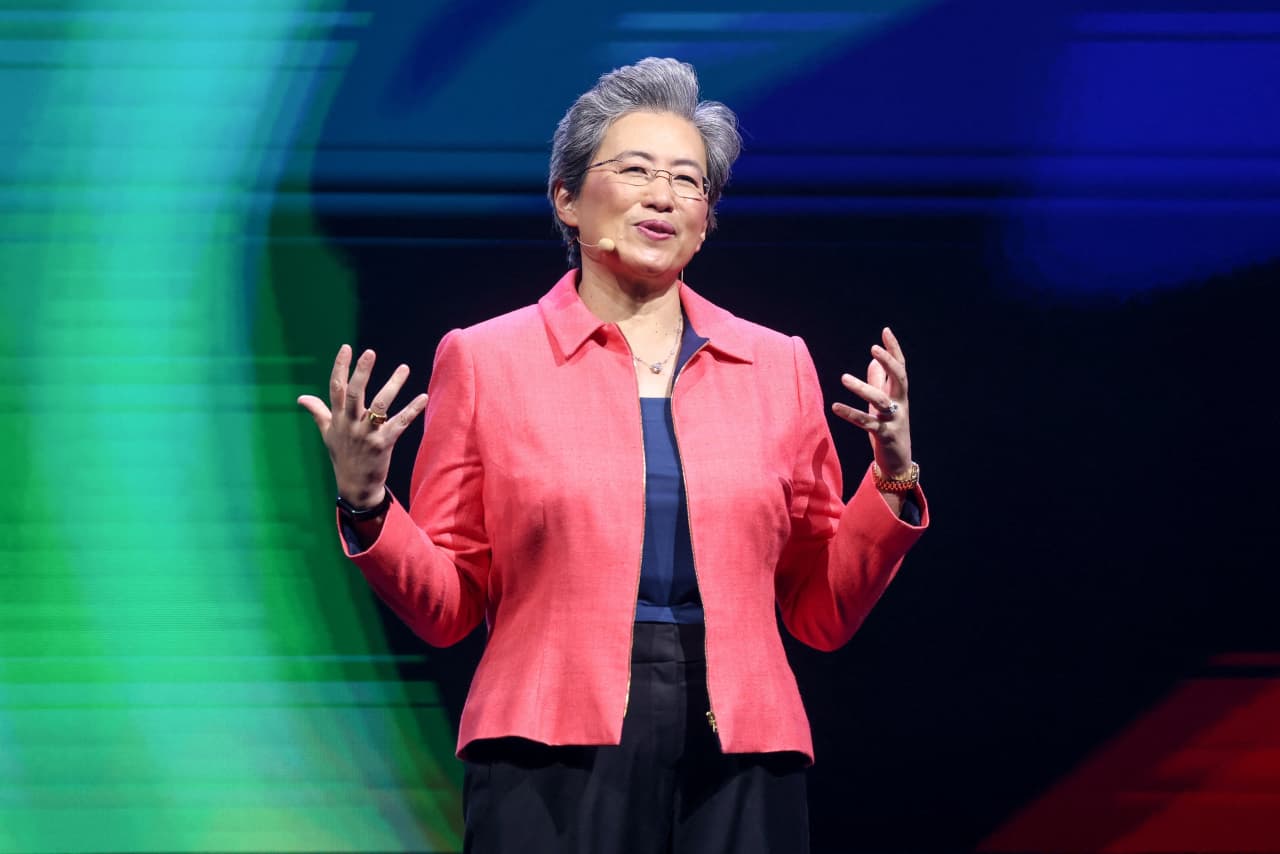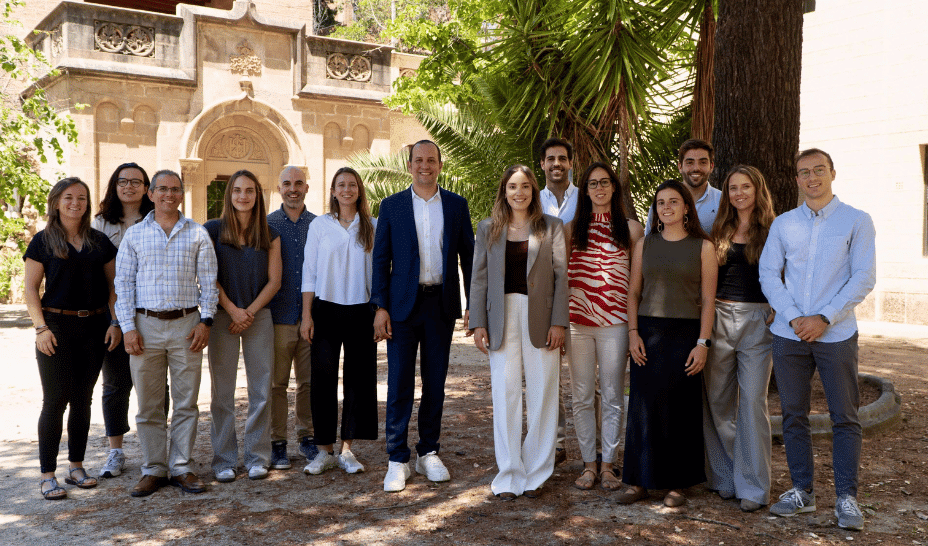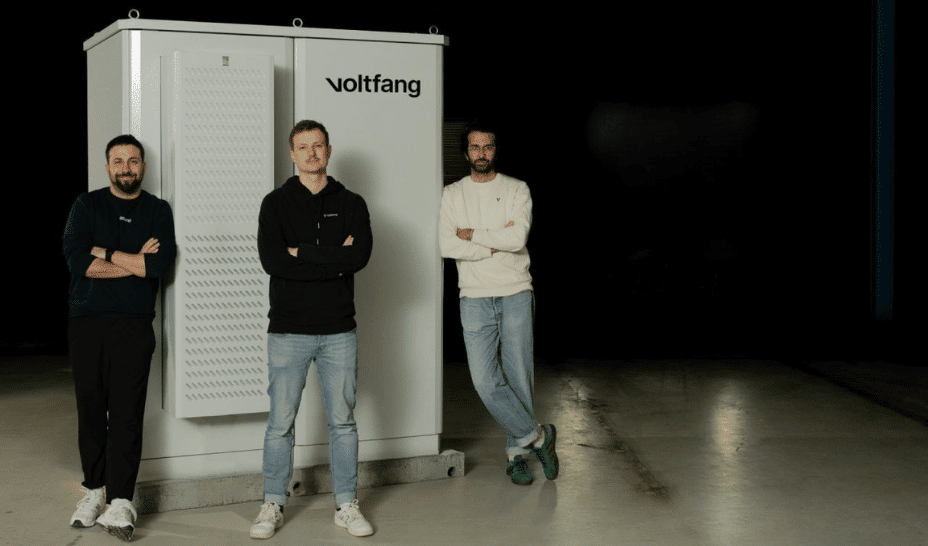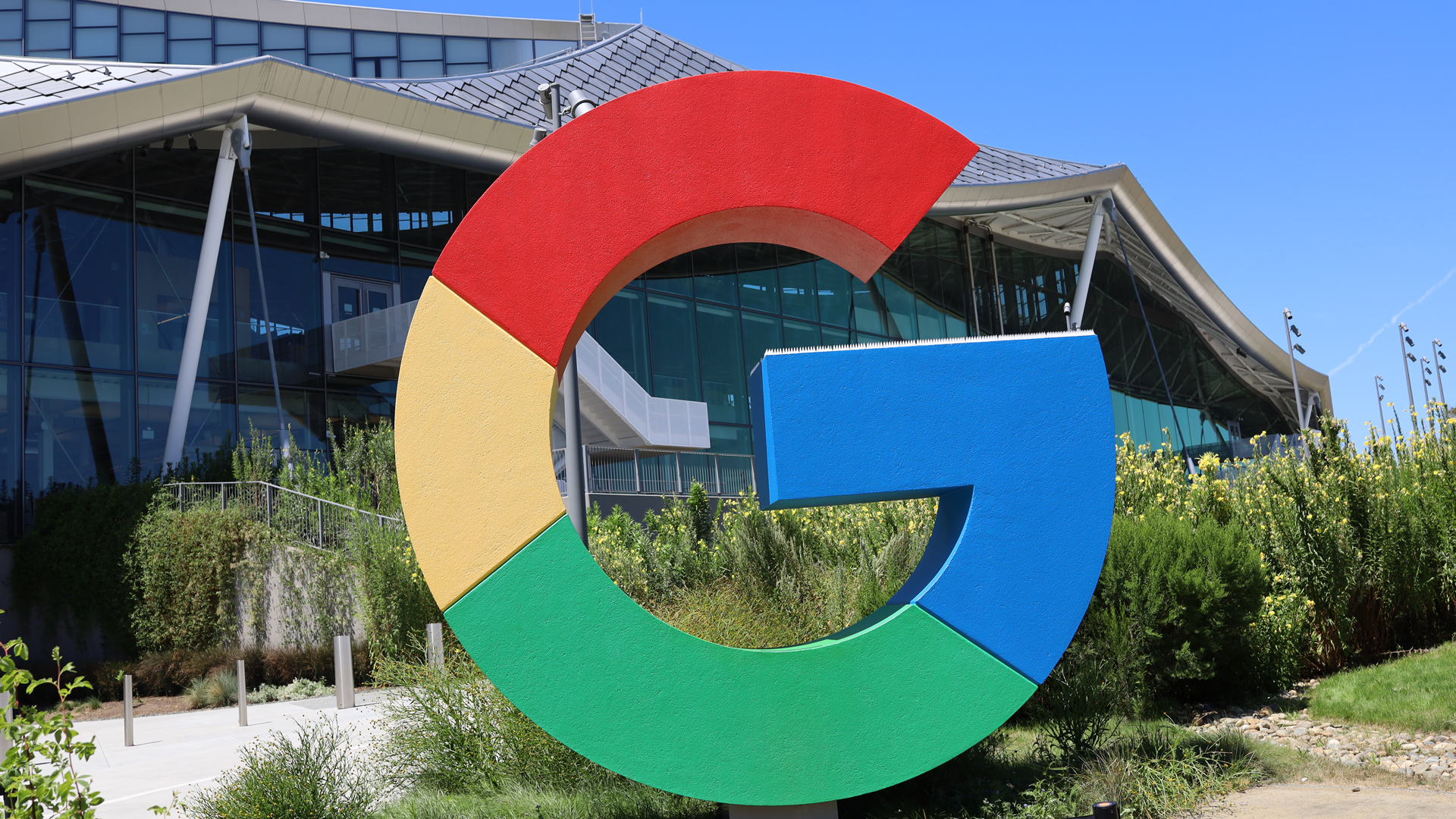GeekWire 200 survey: CEOs cautious about hiring as AI boosts productivity for Seattle startups
Seattle startups are taking a measured approach to hiring as AI tools supercharge productivity. That’s a takeaway from a new survey of CEOs of companies ranked on the GeekWire 200, our list of the top privately held tech startups in the Pacific Northwest. A majority of respondents said they plan to either grow moderately (59%) or maintain current headcount (24%). Only a handful said they are growing aggressively (8%) or downsizing (8%). The data reveals a stable startup scene in Seattle amid an uncertain tech hiring market impacted by broader market volatility and the rise of AI. It’s not the… Read More


Seattle startups are taking a measured approach to hiring as AI tools supercharge productivity.
That’s a takeaway from a new survey of CEOs of companies ranked on the GeekWire 200, our list of the top privately held tech startups in the Pacific Northwest.
A majority of respondents said they plan to either grow moderately (59%) or maintain current headcount (24%). Only a handful said they are growing aggressively (8%) or downsizing (8%).
The data reveals a stable startup scene in Seattle amid an uncertain tech hiring market impacted by broader market volatility and the rise of AI.
It’s not the hiring surge seen in the first few years of the pandemic, but it’s a significant increase compared to a year ago, said Darren Hogben, CEO of Seattle tech recruiting firm Prime Team Partners.
“The first half of 2024 was a very tough time to find work in the tech industry and the increase reflects more of a return to normal,” he said.
Albert Squires, director of technology at Seattle recruiting agency Fuel Talent, said the GeekWire 200 survey data lines up with what he’s seeing in the job market. Many companies are taking a “more deliberate approach to growth,” he said.
“Larger companies and even well-funded startups are in ‘wait-and-see’ mode — they’re closely monitoring how AI tools (e.g., agents, copilots, and automation platforms) impact team productivity before making big headcount bets,” Squires said. “Still hiring, but not nearly at the level of the COVID boom.”

More than half (54%) of survey respondents said they are seeing a moderate increase in productivity from AI. About 35% said they are seeing a major boost. CEOs said they are using it to streamline support response times, software development, meeting summaries, content creation, research, and more.
“We are able to create better products and compete with companies that rely on higher headcount to create the same functionality,” said Charlie Tillinghast, CEO at Seattle risk intelligence startup Factal (ranked No. 164).
Mike Hanlon, CEO of healthcare data startup Abett (No. 176), said AI tools will have a dramatic effect on how companies assign responsibilities across teams. “The challenge is that it’s not obvious how to do it,” he said.
Vijaye Raji, CEO of developer tools startup Statsig (No. 8), said he’s seeing significant efficiency gains from AI across all functions. But he’s not adjusting hiring plans as a result.
“Rather, I see my teams taking on more audacious plans and goals, which is great,” said Raji, whose company raised $100 million at a $1.1 billion valuation last month.
Boundless Immigration (No. 16), which helps immigrants receive visas and citizenship in the U.S., was one of just three companies surveyed that plans to grow aggressively.
CEO Xiao Wang said the company’s business is in a position to invest in growth — while also embracing AI.
“We’re playing to win,” he said.

Squires, the recruiter at Fuel Talent, said there’s strong demand for engineers specializing in AI, as well as product leaders with experience in automation and data-driven decision-making.
Wendy Hellar, COO at Prime Team Partners, said technology leaders are looking for help so they can focus more on strategic development versus day-to-day management.
“I hear this a lot from leaders — that they get pulled into too many tactical situations, and they need more time to work on scaling their product,” Hellar said.
Nearly 40 respondents participated in the survey, which was conducted last month.
The GeekWire 200, presented by JPMorganChase, provides a snapshot of the region’s startup landscape, and highlights companies that are gaining traction.
The ranking is grounded in both publicly available data — including LinkedIn employee counts, Facebook followers, and Moz domain authority — as well as editorial judgment from the GeekWire news team, based on factors including recent fundings and layoffs, and our own insights from covering the region’s technology startups.
Stay tuned for an upcoming Q2 update of the GeekWire 200 list.




























